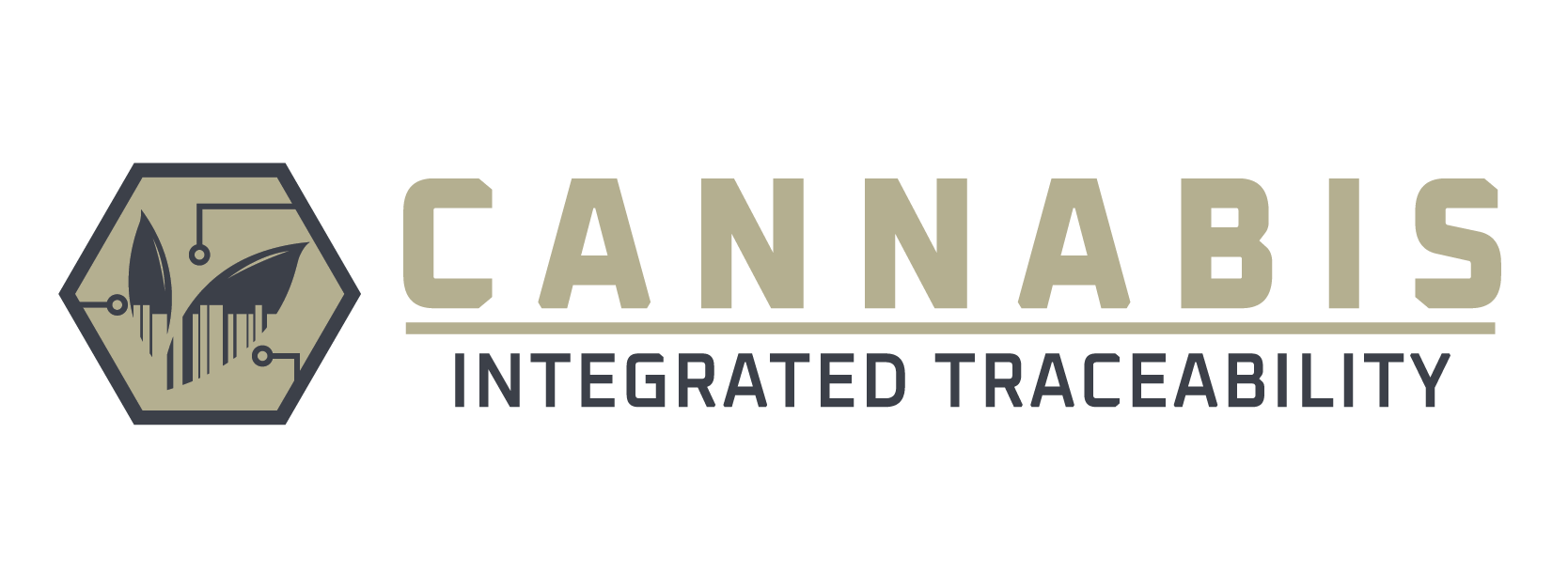In the rapidly evolving cannabis industry, startups are finding innovative ways to stay compliant while driving operational efficiency. One key area of advancement is the integration of traceability APIs—application programming interfaces that connect to state-mandated seed-to-sale tracking systems. By tapping into these APIs, cannabis startups are building custom dashboards, alert systems, and reporting tools designed to navigate the complex regulatory landscape and gain real-time visibility into their operations.
What Are Traceability APIs?
Traceability APIs serve as digital pipelines between cannabis businesses and government-mandated tracking systems like BioTrack, Metrc, and MJ Freeway. These APIs allow third-party applications to retrieve, submit, and synchronize data on cultivation, manufacturing, testing, distribution, and sales. For startups, access to these APIs means the ability to automate and customize compliance processes instead of relying solely on clunky native software platforms.
Startups Taking the Lead
Several startups are already demonstrating how powerful these integrations can be.
Canix, a cannabis ERP startup based in San Francisco, has gained traction by using Metrc APIs to create highly tailored business intelligence dashboards for cultivators and manufacturers. Their platform simplifies inventory tracking, automates data entry, and provides visual insights that help users avoid compliance violations. Through custom APIs, Canix syncs thousands of daily transactions directly with Metrc, ensuring audit readiness in real time.
Trym, another California-based software startup, has focused on cultivation management. They use traceability APIs to provide growers with alerts for data anomalies, task completions, and regulatory milestones. Their system interfaces directly with Metrc to track everything from plant growth stages to waste disposal, reducing the risk of human error and penalties.
Then there’s GrowFlow, a seed-to-sale platform now part of Dama Financial, which leverages both traceability APIs and point-of-sale integrations to offer dispensaries real-time reporting tools. These tools analyze sales trends, identify inventory discrepancies, and generate compliance reports required by regulators—all without manual uploads or redundant data entry.
Building for Compliance and Competitive Edge
For many startups, traceability APIs aren’t just about meeting the minimum state requirements—they’re a competitive advantage. Custom tools built on top of these APIs offer:
- Real-time compliance validation: Automated alerts notify staff before violations occur.
- Visualized data reporting: Dashboards provide quick overviews of key metrics like plant counts, waste logs, and sales activity.
- Automated syncing: Ensures data is continuously and accurately sent to state systems, avoiding costly fines and license risks.
- Customization by license type: APIs allow startups to tailor tools for growers, processors, or dispensaries based on their specific workflows.
Challenges and Opportunities
Despite the benefits, startups face several challenges in working with traceability APIs. Access often requires formal approval from regulators and tight adherence to security protocols. Additionally, the inconsistency of API documentation and versioning across states makes it difficult to scale tools nationally.
Still, the momentum is undeniable. As the cannabis industry grows and federal legalization becomes a more tangible reality, traceability API ecosystems are likely to expand. This presents new opportunities for startups to offer white-label software solutions, predictive analytics, and AI-driven compliance forecasting.
Final Thought
By creatively leveraging traceability APIs, cannabis startups are not only staying compliant—they’re future-proofing their operations. In a space where a single misstep can result in license suspension, the ability to build custom, reliable tools is becoming a foundational asset. As the ecosystem matures, expect even more integration, innovation, and influence from these tech-forward cannabis players.
